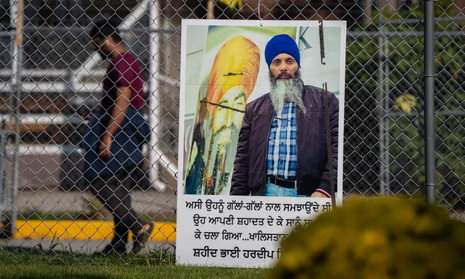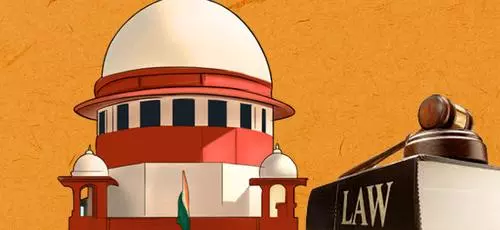
Notice on PIL against discriminatory provisions in UP Revenue Code issued by SC
text_fieldsNew Delhi: A public interest litigation (PIL) contesting several provisions of the UP Revenue Code, 2006 on the grounds of gender discrimination was accepted for examination by the Supreme Court on Wednesday.
The Centre, as well as the governments of Uttar Pradesh and Uttarakhand, were asked to respond to a notice issued by a bench led by Chief Justice D.Y. Chandrachud and consisting of Justices J.B. Pardiwala and Manoj Misra.
As per the computerised case status, the PIL is likely to be heard next on December 10.
The plea said that Section 109 of the UP Revenue Code suffers from the vice of gender discrimination because when a woman, who has inherited the land as a female, dies, her land stands devolved upon the heirs of her husband, rather than her own heirs. It added that Section 109 provides that when a daughter gets married, she loses her land which she inherited from her father and the land automatically stands devolved upon the nearest surviving heir of the last male holder of the land.
Similarly, if a widow remarries, she stands divested of her land inherited from her deceased husband, which devolves upon the nearest surviving heir of the last male holder of the land, the plea said.
It further referred to Sections 108 and 110 of the UP Revenue Code providing that in the event of the demise of the father or the mother, his/her land is inherited by his unmarried daughter but not by his/her married daughter.
"No distinction for succession has been made between a ‘married son’ and an ‘unmarried son’. But, concerning a daughter, the distinction has been arbitrarily and artificially created between an 'unmarried daughter' and a ‘married daughter’ and, as such, marriage has been made as a rationale for discrimination," the plea said.
It said that the above statutory provisions exhibit blatant gender discrimination and contravene the constitutional guarantee of equality, as they infringe on the fundamental rights guaranteed under Articles 14 and 15. The plea also challenged similar provisions of the UP Zamindari Abolition and Land Reforms Act, 1950 (Adoption and Modification Order, 2001) in its application to Uttarakhand.
With inputs from IANS






















